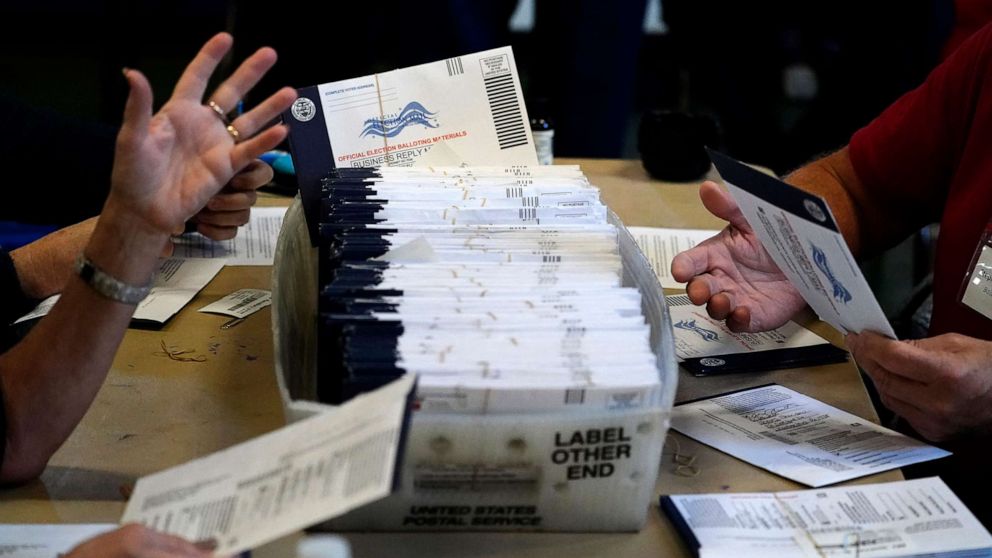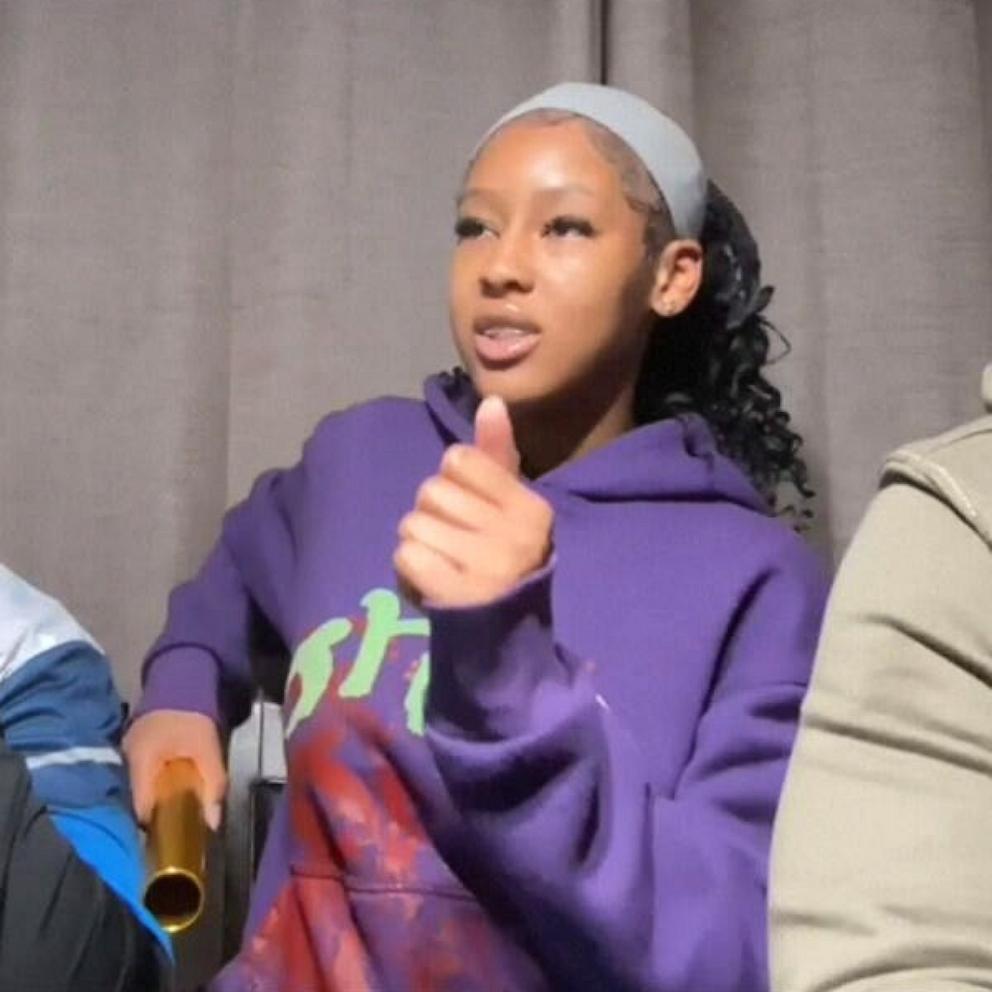Experts doubt Supreme Court intervention before 'safe harbor' deadline
As states prepare to lock-in their Electoral College delegates by Tuesday night's "safe harbor" deadline, Justice Samuel Alito is feeding speculation that the U.S. Supreme Court could upend the 2020 election results in an eleventh-hour intervention.
But experts say, don't count on it.
Alito sparked intrigue Sunday morning when he quietly moved up a key filing deadline -- from Wednesday to Tuesday -- in an emergency appeal brought by allies of President Donald Trump in Pennsylvania. The change effectively keeps open the possibility of court action before the state's delegates are set in stone.
"When I first saw that Alito had moved the date, it raised red flags for me," said Norm Ornstein, a member of the National Task Force on Election Crises and scholar at the American Enterprise Institute.
The appeal -- brought by U.S. Rep. Mike Kelly, a Pennsylvania Republican, along with another GOP candidate for Congress -- alleges that the state legislature did not legally pass the law allowing for expanded mail-in voting during the pandemic. They want the justices to order all mail-in ballots thrown out along with the state's official certification of election results, which was signed by Gov. Tom Wolf last week.
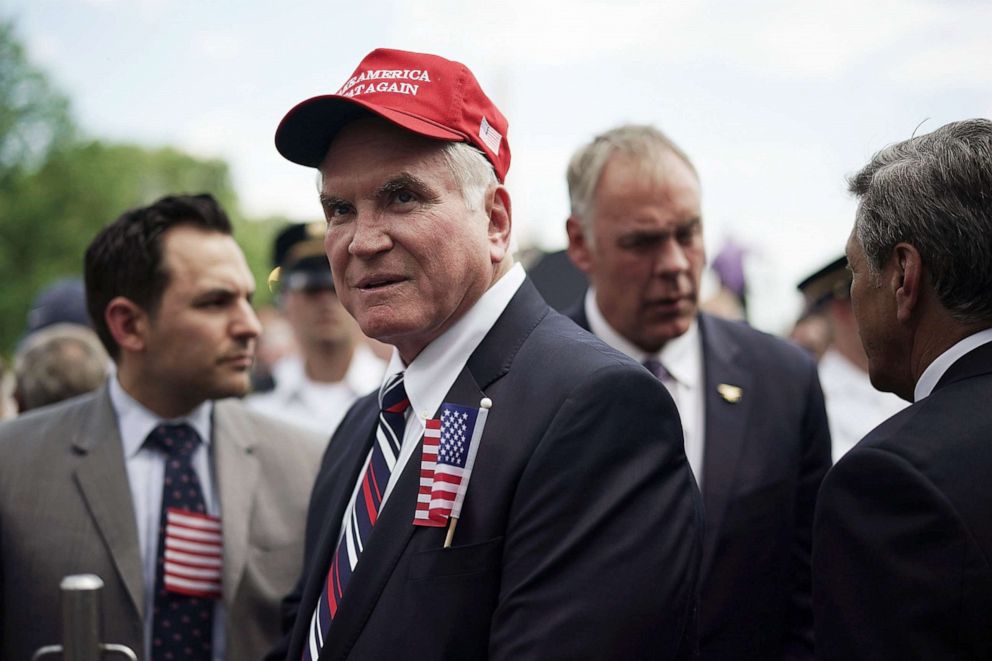
The Pennsylvania Supreme Court dismissed the case outright, denying that the law was illegally enacted or that evidence exists of a fraudulent scheme.
More than 2.6 million Pennsylvania voters cast their ballots by mail in the 2020 contest. President-elect Joe Biden won the state of Pennsylvania by over 80,000 votes.
Attorney Gregory Teufel who filed the appeal to the Supreme Court on behalf of the Pennsylvania Republicans called Alito's scheduling shift a "favorable sign."
"The Court is interested in making decisions in this case sooner rather than later," Teufel said in an email to ABC News, "and is treating it with appropriate urgency."
Still, legal scholars and court watchers said it remains highly unlikely that the justices will intervene, notwithstanding Alito's move or the court's new six-member conservative majority.
"I would not read too much into this," wrote leading election legal scholar and University of California-Irvine law professor Richard Hasen on his Election Law Blog.
"It shows more respect to the petitioners and does not make it look like the Court is simply running out the clock on the petition. I still think the chances the Court grants any relief on this particular petition are virtually zero," Hasen wrote.
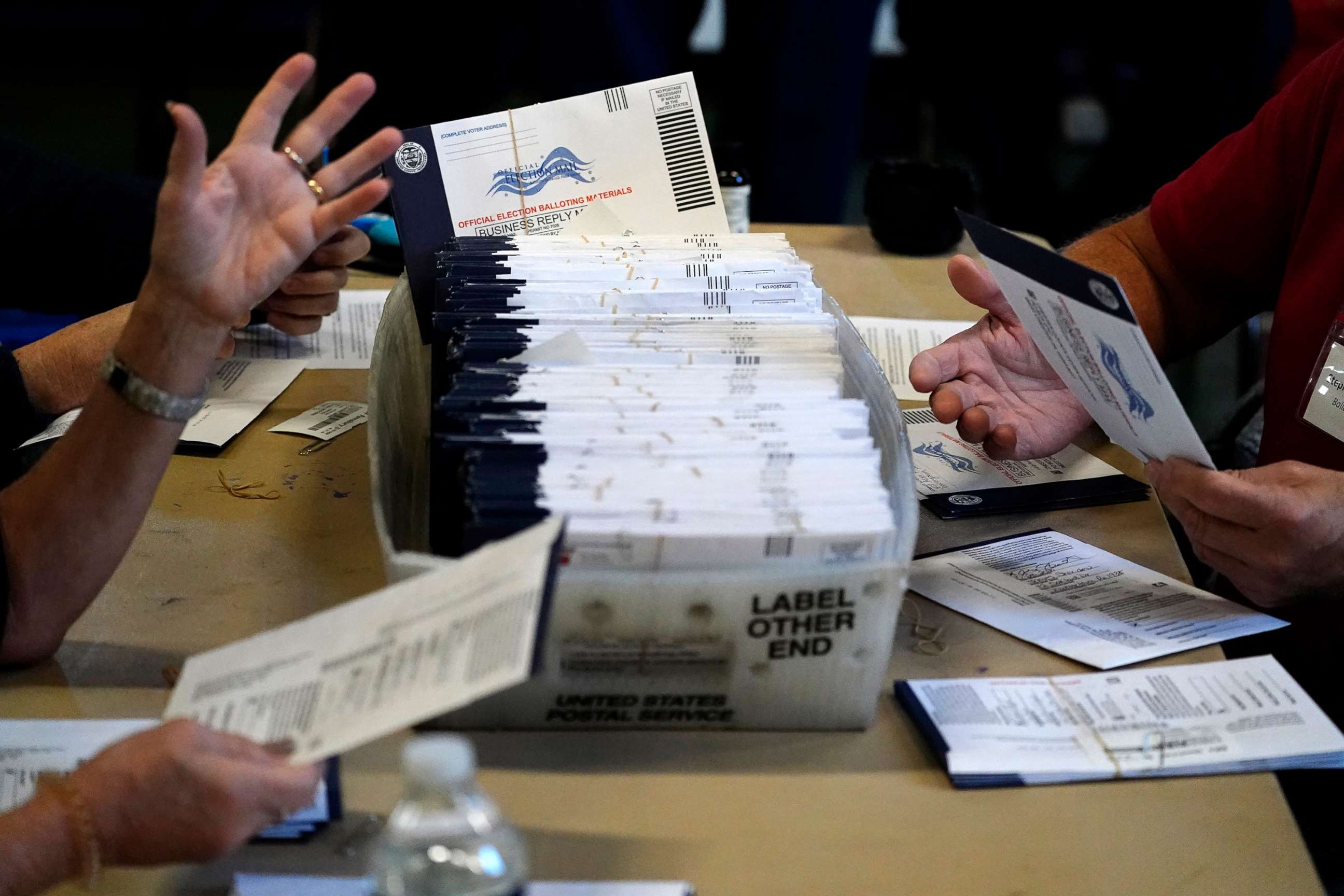
The court has still yet to respond to Pennsylvania Republicans' separate, long-pending request that it take up a challenge to late-arriving mail ballots, and it has remained silent on Trump's petition to formally join the matter as a party.
Even if Pennsylvania's electoral votes were flipped to Trump through the litigation, Biden would still have more than the 270 electoral votes required to clinch the presidency when the Electoral College votes on Dec. 14.
"There is every reason to believe, particularly because Trump and his lawyers are one and 48 in their challenges so far, that all the states will have their certificates of ascertainment in on time and there will be no serious challenge to the election outcome," Ornstein said.
Constitutional law expert Stephen Vladeck at the University of Texas Law School said the the Kelly suit "isn't going anywhere" both because the court lacks jurisdiction and because the constitutional claims are weak.
"All the PA Supreme Court did was to hold that the state legislature didn't violate the state constitution in expanding mail-in voting," Vladeck posted on Twitter. "But the U.S. Constitution has *nothing to say* about how state courts enforce their own constitutions against state legislatures. Full stop."
Adav Noti of the Campaign Legal Center said the law is also clear regarding certification of Pennsylvania's electors, which has already been sealed.
"That's certified and official," Noti said. "There is nothing in the case that we're talking about that would be likely to change that."
"It's a very odd case that's asking the Supreme Court to overrule the Pennsylvania Supreme Court on a question of Pennsylvania law, which is not what the United States Supreme Court does," Noti added.
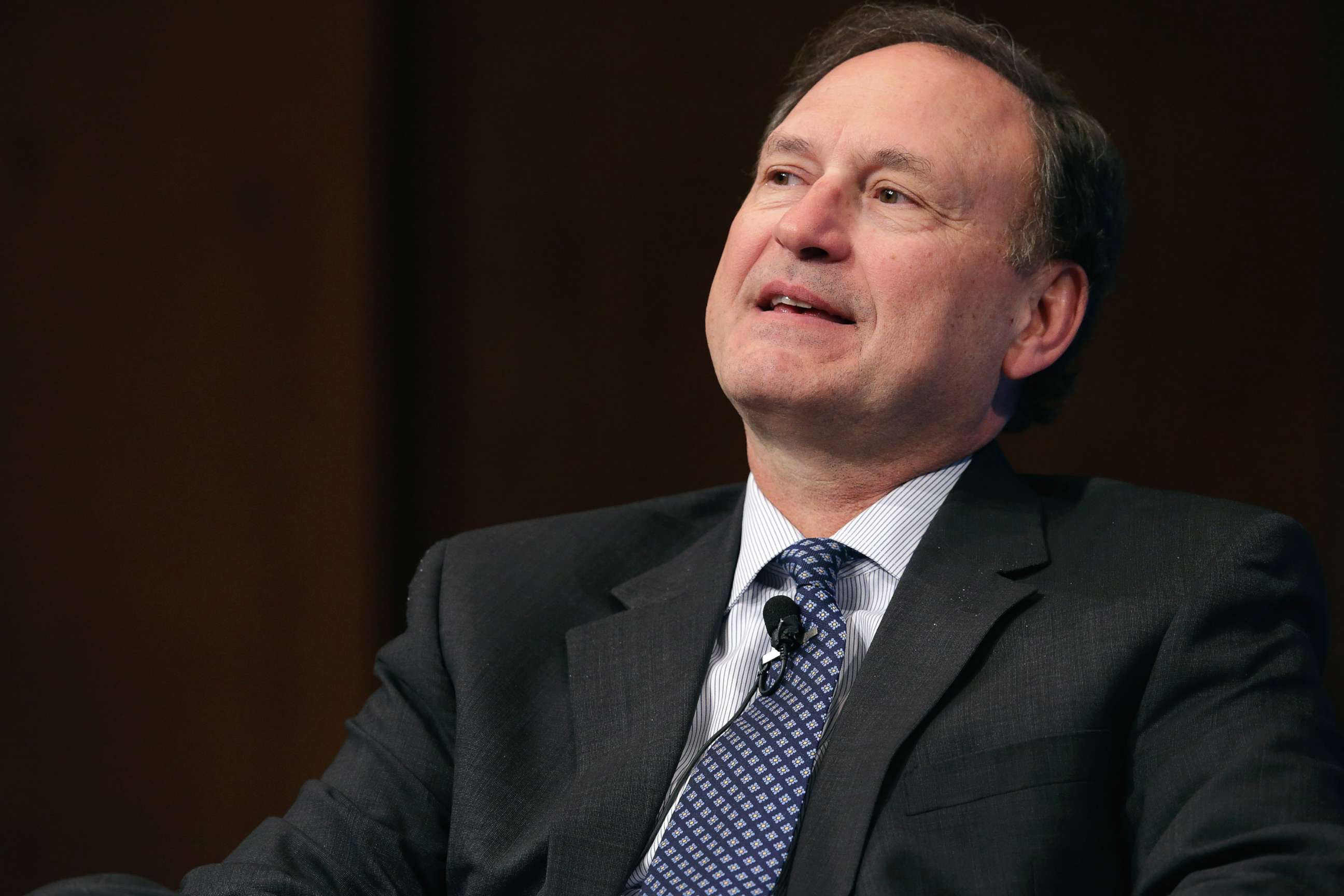
So why is Alito apparently keeping the door open at the 11th hour? The scholars say it could be to ensure the legitimacy and clarity of the court's ultimate decision to stay out of it.
"When the court refuses to get involved -- which is almost certainly what they're going to do -- they want it to be clear that they are affirmatively deciding not to get involved, that it's not simply that time ran out, but the court within the time frame established by law has decided not to get involved in this lawsuit," Noti said.
Vladeck agreed. "That doesn't mean an injunction is coming," he said.
The court has until midnight Tuesday to take action. If it does nothing, it will effectively render the matter closed.
